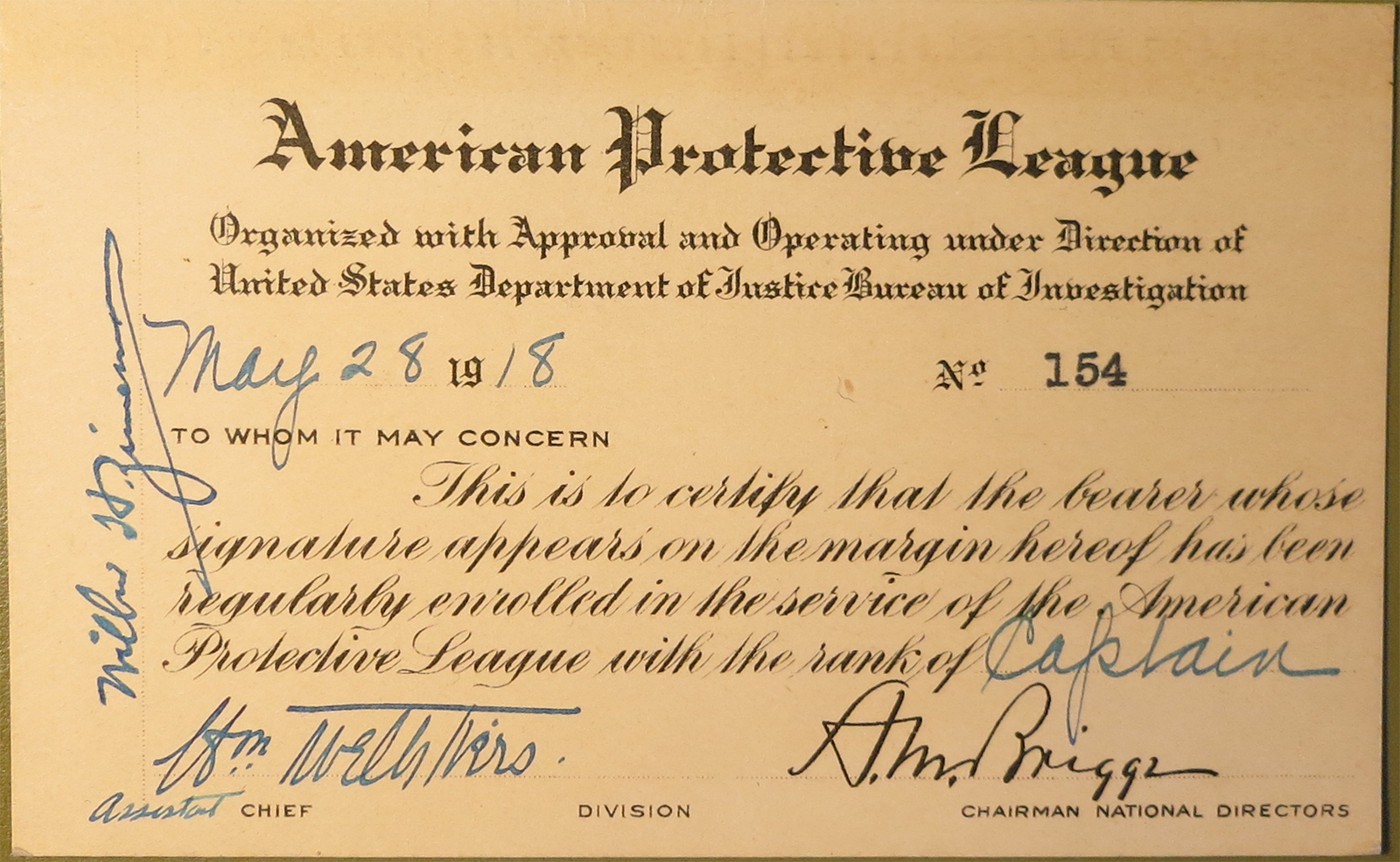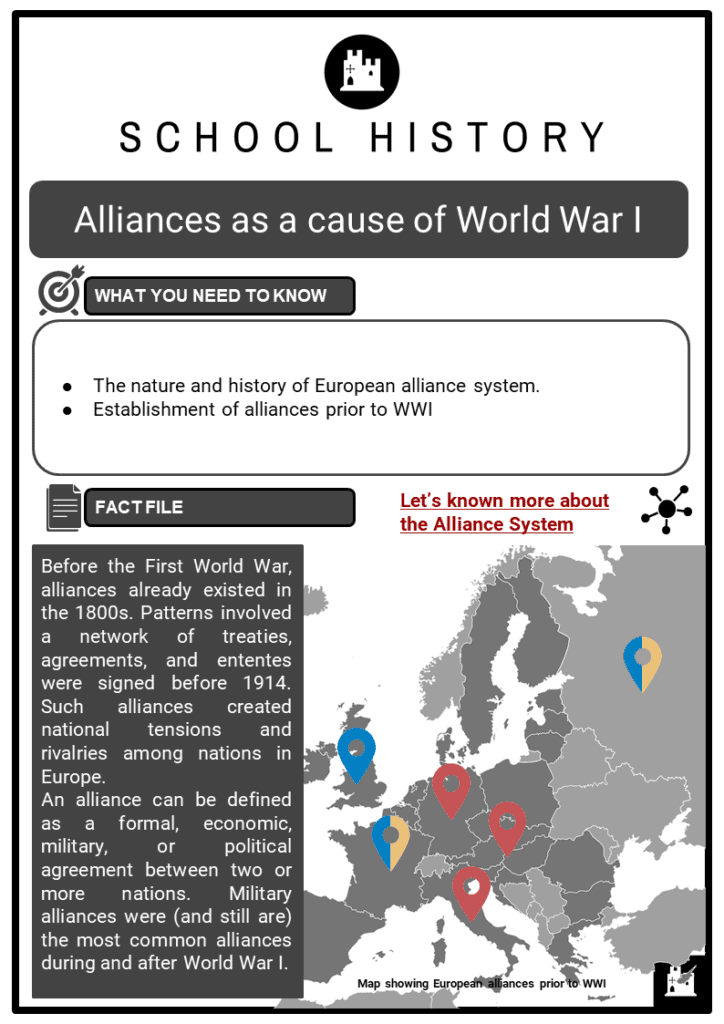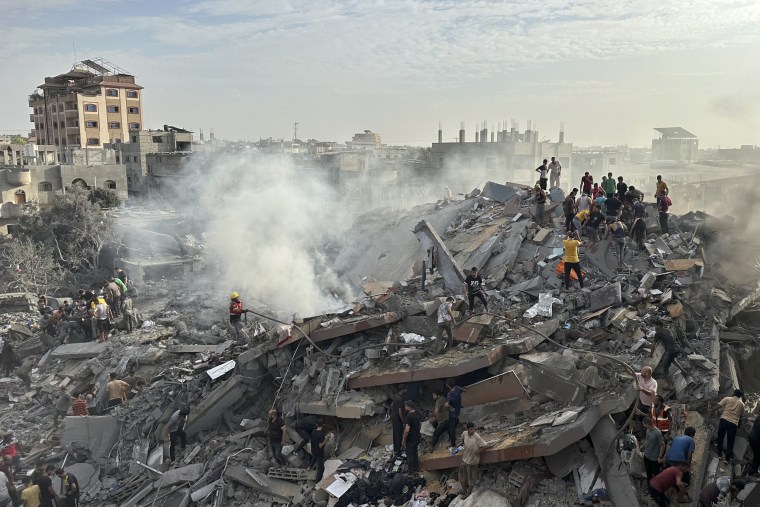Delving into the cataclysmic origins of World War I unveils a complex tapestry of pivotal events that set the stage for the ensuing global conflict. In this blog, we aim to decipher the tangled web of history by scrutinizing the crucial catalysts that sparked the Great War. By shedding light on these significant occurrences, we seek to unravel the question: which events sparked World War I? Through a detailed examination, readers will have the opportunity to check all the potential triggers that contributed to the outbreak of one of the most transformative events in modern history. Join us on this journey as we uncover the interconnected events that shaped the world’s geopolitical landscape.
Introduction to World War I
World War I, also known as the First World War, was a global war that lasted from 1914 to 1918. It was one of the deadliest conflicts in history, involving many of the world’s great powers. The war began following the assassination of Archduke Franz Ferdinand of Austria-Hungary in June 1914, triggering a series of events that led to the mobilization of military forces and the declaration of war.
Causes of World War I
The **events sparked World War I** were a culmination of various complex factors. Some of the main causes include:
- Imperialism: Rivalries over colonies and territories fueled tensions among European powers.
- Alliances: The system of military alliances created a situation where a conflict between two countries could quickly escalate into a larger war involving multiple nations.
- Militarism: The arms race and military build-up in Europe increased the likelihood of war.
- Nationalism: Nationalistic fervor and desires for self-determination among different ethnic groups contributed to the outbreak of war.
Impact of World War I
World War I had a profound impact on the world and paved the way for significant geopolitical changes. Some key outcomes of the war include:
- The collapse of empires such as the Austro-Hungarian, Ottoman, Russian, and German empires.
- The redrawing of national borders in Europe through treaties like the Treaty of Versailles.
- The emergence of new technologies of warfare, including tanks, poison gas, and aircraft.
- The devastating loss of life, with millions of soldiers and civilians killed or wounded during the conflict.

Political Alliances and Rivalries
Political alliances and rivalries played a significant role in shaping the events that led to World War I. During the early 20th century, European powers were divided into two main alliances: the Triple Entente and the Triple Alliance. These alliances created a complex web of diplomatic relationships that ultimately contributed to the outbreak of the war.
Triple Entente
The Triple Entente, formed in 1907, consisted of France, Russia, and the United Kingdom. This alliance was built on a mutual fear of the growing power of Germany and a desire to maintain the balance of power in Europe. The close ties between these countries often led to coordinated diplomatic actions that heightened tensions with the Triple Alliance.
Triple Alliance
The Triple Alliance, established in 1882, included Germany, Austria-Hungary, and Italy. This alliance aimed to counterbalance the Triple Entente and protect the interests of its members in the face of growing political instability in Europe. However, the alliance was strained by conflicting territorial ambitions and rivalries among its members.

Militarism and Arms Race
One of the key factors that contributed to the outbreak of World War I was the intense militarism and arms race among European nations. The major powers of the time, including Germany, France, and Britain, were heavily investing in their military capabilities, leading to a dangerous escalation of tensions.
Escalation of Military Spending
The arms race in the years leading up to World War I saw a significant increase in military spending by the major powers. This competition fueled the development of new technologies and weapons of mass destruction.
Alliances and Aggressive Diplomacy
Part of the militarism dynamic was the formation of various alliances that further heightened tensions. For example, the formation of the Triple Entente and the Triple Alliance created a web of military obligations that could quickly drag multiple countries into war.
Imperialism and Colonial Competition
During the early 20th century, *imperialism* played a pivotal role in shaping global power dynamics and contributing to the tensions that led to World War I. Growing economic interests and colonial competition among European powers intensified, leading to a race for territorial expansion and resources.
Impact of Imperialism on International Relations
Imperialism fueled a sense of national pride, but also increased rivalries and distrust among nations. The quest for colonies and resources heightened competition and laid the groundwork for intense diplomatic struggles and alliances.
The scramble for colonies created a volatile environment, with major powers vying for control over territories in Africa, Asia, and the Middle East. These rivalries exacerbated diplomatic tensions and set the stage for conflict.
Colonial Competition and Militarization
Colonial competition not only fueled diplomatic tensions but also led to a significant increase in military buildup. European powers invested heavily in expanding their armies and navies to protect their colonial interests and assert dominance.
- Germany’s aggressive pursuit of colonies and naval expansion, exemplified by the construction of the *HMS Dreadnought* in 1906, challenged the naval supremacy of Britain and heightened tensions.
- France and Britain’s competition for control over territories in Africa, particularly in North Africa, intensified rivalry and contributed to the escalation of militarization.
Nationalism and Ethnic Tensions
In the context of the events leading to World War I, nationalism and ethnic tensions played a significant role in exacerbating existing tensions among various countries. Nationalism fueled a sense of pride and loyalty to one’s nation, often leading to aggressive foreign policies and competition for power.
Rise of Nationalism
The late 19th and early 20th centuries saw a surge in nationalist movements across Europe. Countries sought to unify people who shared common language, culture, or history under one nation-state. This heightened sense of national identity often clashed with the interests of other nations, leading to increased tensions.
Nationalism intensified patriotism and loyalty to one’s own country, sometimes at the expense of mutual understanding and cooperation.
Ethnic Tensions and Power Struggles
Alongside nationalism, ethnic tensions also strained the fragile balance of power in Europe. The Austro-Hungarian and Ottoman Empires, in particular, comprised diverse ethnic groups seeking independence or autonomy. The struggle for self-determination and control over territories intensified conflicts.
- Ethnic rivalries fueled by historical grievances and aspirations for independence contributed to the complex geopolitical landscape of pre-World War I Europe.
The Assassination of Archduke Franz Ferdinand
The assassination of Archduke Franz Ferdinand and his wife, Sophie, on June 28, 1914, in Sarajevo, is considered one of the key events that sparked World War I. Franz Ferdinand, heir to the Austro-Hungarian throne, was assassinated by Gavrilo Princip, a Bosnian Serb nationalist.
Impact on Austro-Hungarian Empire
The assassination led Austria-Hungary to issue an ultimatum to Serbia, triggering a series of events that escalated into a full-blown global conflict. This event set off a chain reaction that ultimately led to the outbreak of World War I.
Political Ramifications
The assassination highlighted the tensions and alliances within Europe at the time. It exposed the fragility of the balance of power and the intricate web of treaties that bound countries together, drawing them into a conflict of unprecedented scale.
- The assassination set off a domino effect of declarations of war among European powers.
- Nations taking sides based on alliances further fueled the escalation of hostilities.
The July Crisis and Declarations of War
As part of the sequence of events that led to the outbreak of World War I, the July Crisis played a pivotal role. The July Crisis refers to the period between the assassination of Archduke Franz Ferdinand of Austria in late June 1914 and the declaration of war by various countries in the following weeks.
Escalation of Tensions
Following the assassination, Austria-Hungary issued an ultimatum to Serbia, leading to increased tensions in Europe. When Serbia did not fully comply with the demands, Austria-Hungary declared war on July 28, 1914. This marked the beginning of a domino effect that rapidly drew other nations into the conflict.
Amidst escalating tensions, Germany declared war on Russia on August 1, 1914, and on France two days later. The intricate web of alliances and rivalries in Europe further fueled the declarations of war, turning a regional conflict into a global war.
Alliances and Declarations
As the declarations of war reverberated across Europe, countries aligned with one another based on pre-existing alliances. The Triple Entente, consisting of France, Russia, and the United Kingdom, faced off against the Central Powers, including Germany, Austria-Hungary, and the Ottoman Empire.
- The Entente Powers: France, Russia, UK
- The Central Powers: Germany, Austria-Hungary, Ottoman Empire
Global Impact and Legacy
World War I had a profound global impact and left a lasting legacy that still influences the world today. The war reshaped political boundaries, altered social dynamics, and ushered in the modern era of warfare.
Political Transformations
The aftermath of World War I led to the collapse of empires, such as the Austro-Hungarian, Ottoman, Russian, and German empires, creating new nations and redrawing borders.
This restructuring of the political landscape laid the foundation for future conflicts that would shape the course of the 20th century significantly.
Social Changes
The war brought about significant social changes as women assumed new roles in the workforce to fill the void left by men who were fighting on the front lines.
- Women’s suffrage movements gained momentum, leading to increased advocacy for gender equality.
- Technological advancements made during the war revolutionized industries and paved the way for modern innovations.
Frequently Asked Questions
-
- What are some of the events that sparked World War I?
- Some events that sparked World War I include the assassination of Archduke Franz Ferdinand, alliances between various countries, militarism, imperialism, and nationalism.
-
- How did the assassination of Archduke Franz Ferdinand contribute to World War I?
- The assassination of Archduke Franz Ferdinand of Austria-Hungary was a key event that triggered World War I. It led Austria-Hungary to declare war on Serbia, which then escalated into a larger conflict involving other European countries due to complex alliances.
-
- Why did alliances play a significant role in the outbreak of World War I?
- Alliances played a significant role in the outbreak of World War I because when one country declared war on another, its allies were often obligated to join the conflict as well, leading to the escalation of the war.
-
- How did militarism contribute to the tensions that led to World War I?
- Militarism, which emphasized the build-up of military forces and glorified war, contributed to the tensions that led to World War I by fueling arms races and creating a climate of suspicion and competition among nations.
-
- What role did imperialism play in setting the stage for World War I?
- Imperialism, the quest for colonies and dominance over other nations, played a role in setting the stage for World War I by increasing competition among European powers and creating conflicts over territories and resources.
-
- How did nationalism contribute to the outbreak of World War I?
- Nationalism, the strong belief in and loyalty to one’s own nation, contributed to the outbreak of World War I by fostering a sense of superiority, fueling rivalries between nations, and promoting a desire for independence and dominance.
Unveiling the Catalysts: A Recap of the Events that Ignited World War I
In conclusion, understanding the events that sparked World War I is crucial to comprehend the complexities of this historic conflict. By assessing and checking all the potential catalysts, we reveal a web of alliances, political tensions, and militaristic ambitions that culminated in a devastating global war. The assassination of Archduke Franz Ferdinand, militarization, imperialism, and a system of intertwined alliances all played significant roles in setting the stage for the conflict. By delving into these pivotal events, we gain valuable insights into how seemingly isolated incidents can have far-reaching consequences that shape the course of history.

